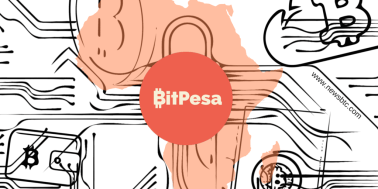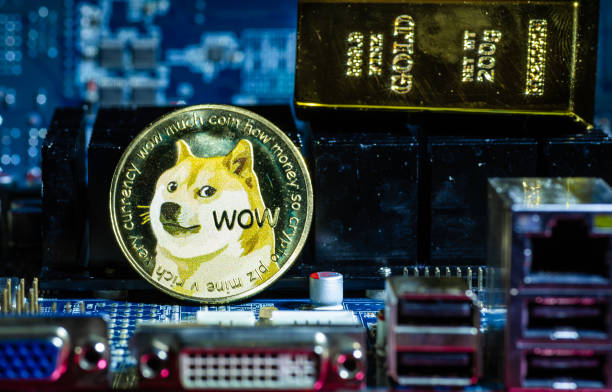Reason to trust

How Our News is Made
Strict editorial policy that focuses on accuracy, relevance, and impartiality
Ad discliamer
Morbi pretium leo et nisl aliquam mollis. Quisque arcu lorem, ultricies quis pellentesque nec, ullamcorper eu odio.
BitPesa is revolutionising the way transactions happen between Africa and rest of the world.
Africa as a continent is a congregation of developing nations. A majority of people live in substandard conditions without access to basic amenities. Access to financial institutions has been a farfetched idea to most of them. Not anymore, thanks to the bitcoin powered economy. Not so long ago at NewsBTC, we spoke about the Bitcoin powered economy in an article titled “Will Bitcoin Foster a New Breed of Remittance Market in Africa?“. A few days hence, the trends seem to be promising.
Particularly BitPesa, a service that enables people to send and receive bitcoins without involving banks or other financial institutions. With BitPesa, bitcoins can be transferred to Ghana and Kenya for a flat fee of 3% per transaction.

Like any other developing country, most people from African nations like Kenya and Ghana emigrate to greener pastures in search of jobs. The ones who go out have families to take care of back home. They send a portion of their earnings to their families on a regular basis.
Limited access to financial institutions means, expensive services (the basic demand and supply problem). Western Union and Moneygram are the prominent service providers in the region, with more than half of the total remittance market share among themselves. They charge anywhere between 12-15% as transaction fee for money transfer. It is a lot of money to most people living in the sub-Saharan region. As a result, M-Pesa — Vodafone’s mobile based money transfer and micro-financing service has gained popularity in few African and Asian countries alike. In Kenya alone, transactions through M-Pesa makes up to about 70% of total national payments.
BitPesa allows migrant workers to easily send their earnings back home as bitcoins for less than 25% the cost of conventional money transfer services. The ease of converting bitcoins received through BitPesa to M-Pesa money in local currency has made it an attractive option. BitPesa is being widely adopted by people in the region and the service is growing rapidly at the rate of 60% new users per month.


























